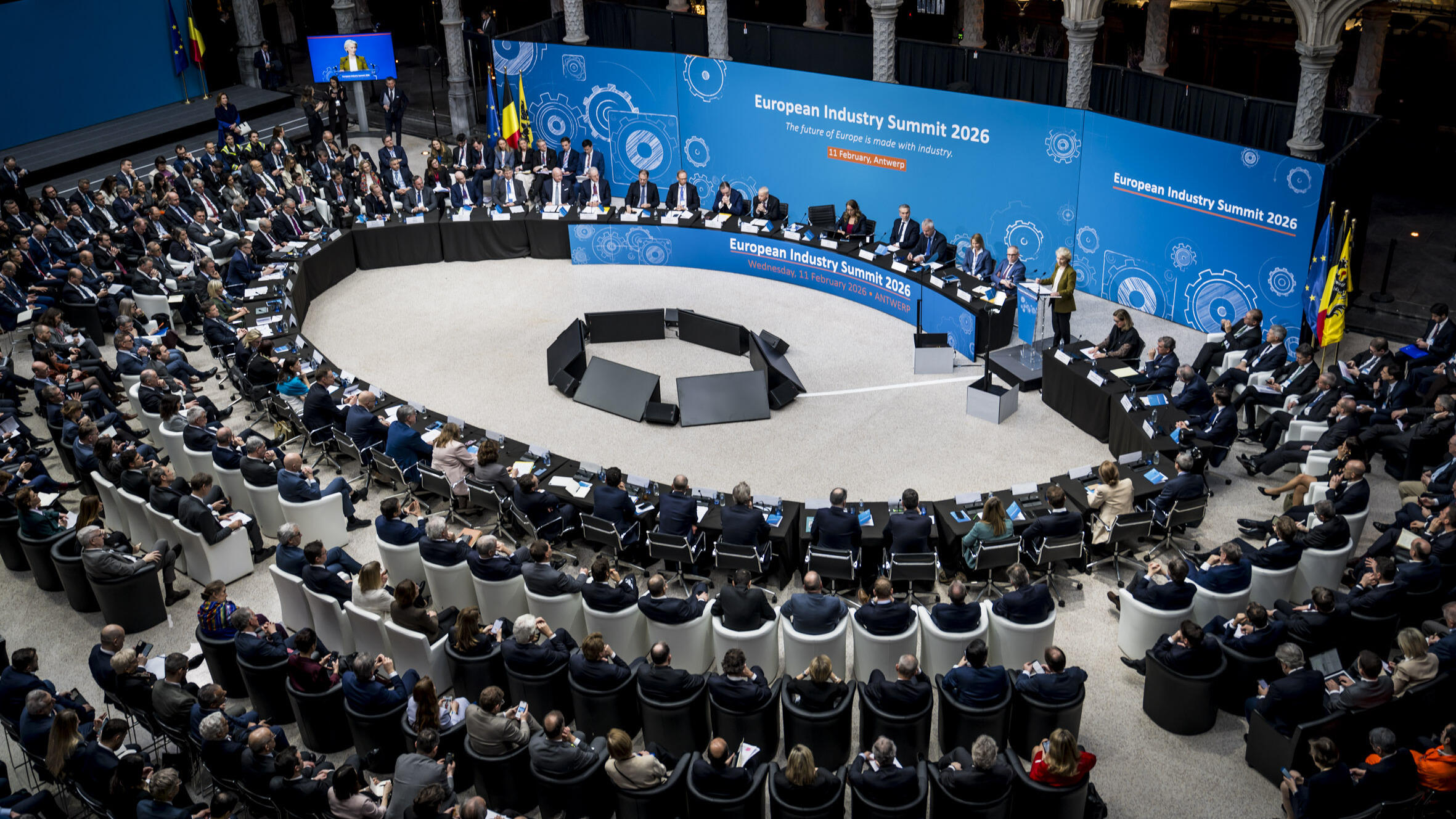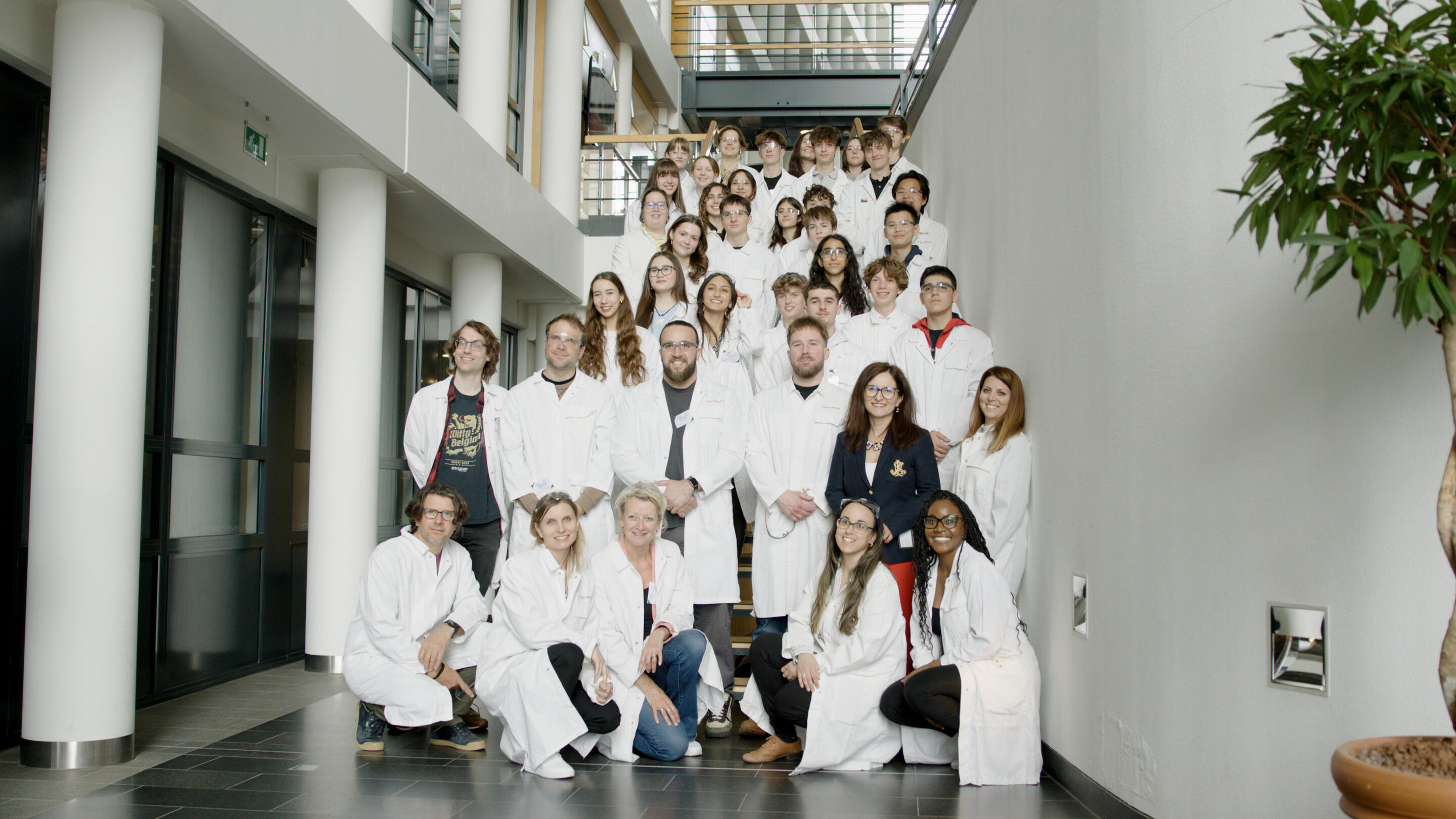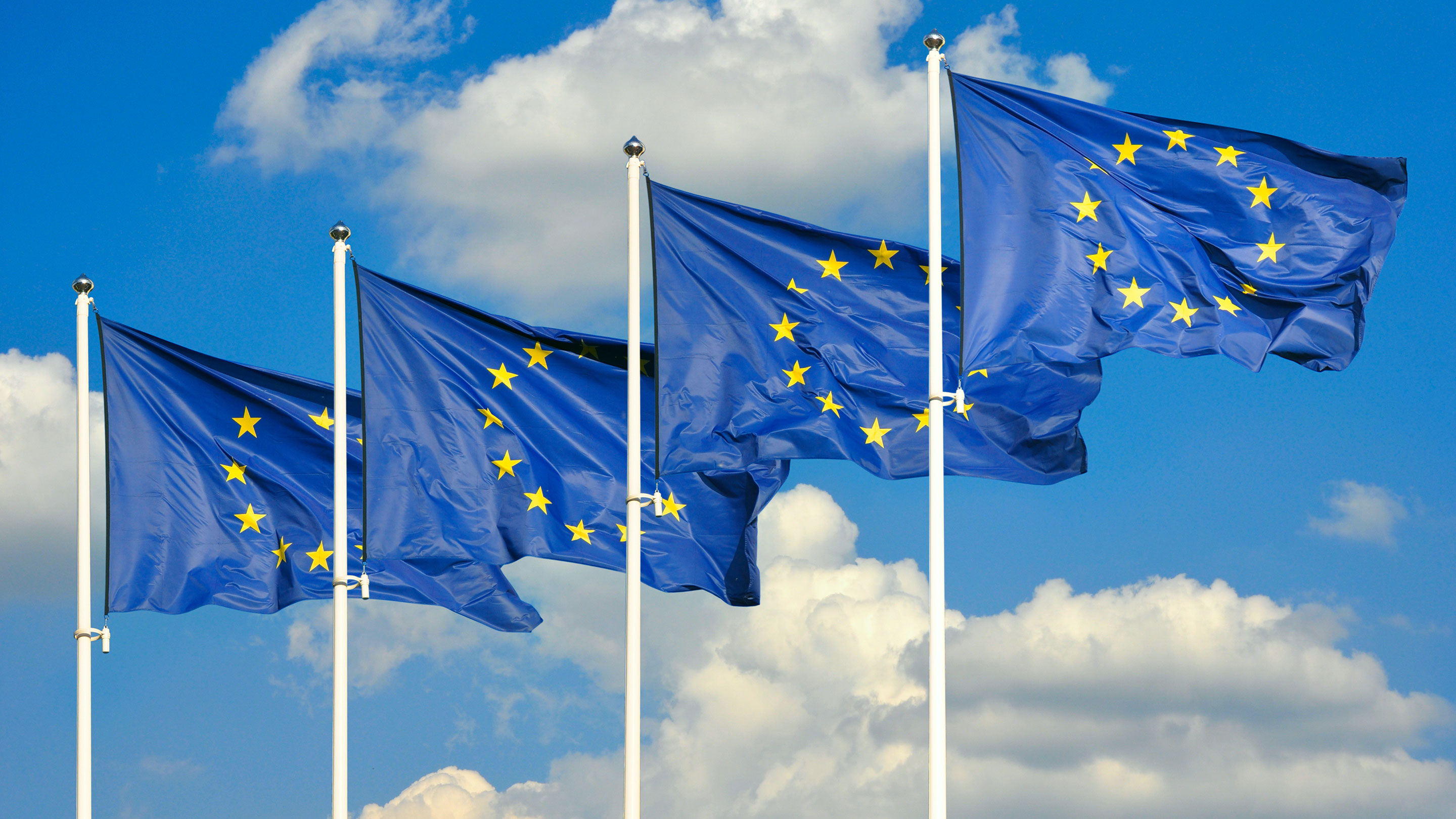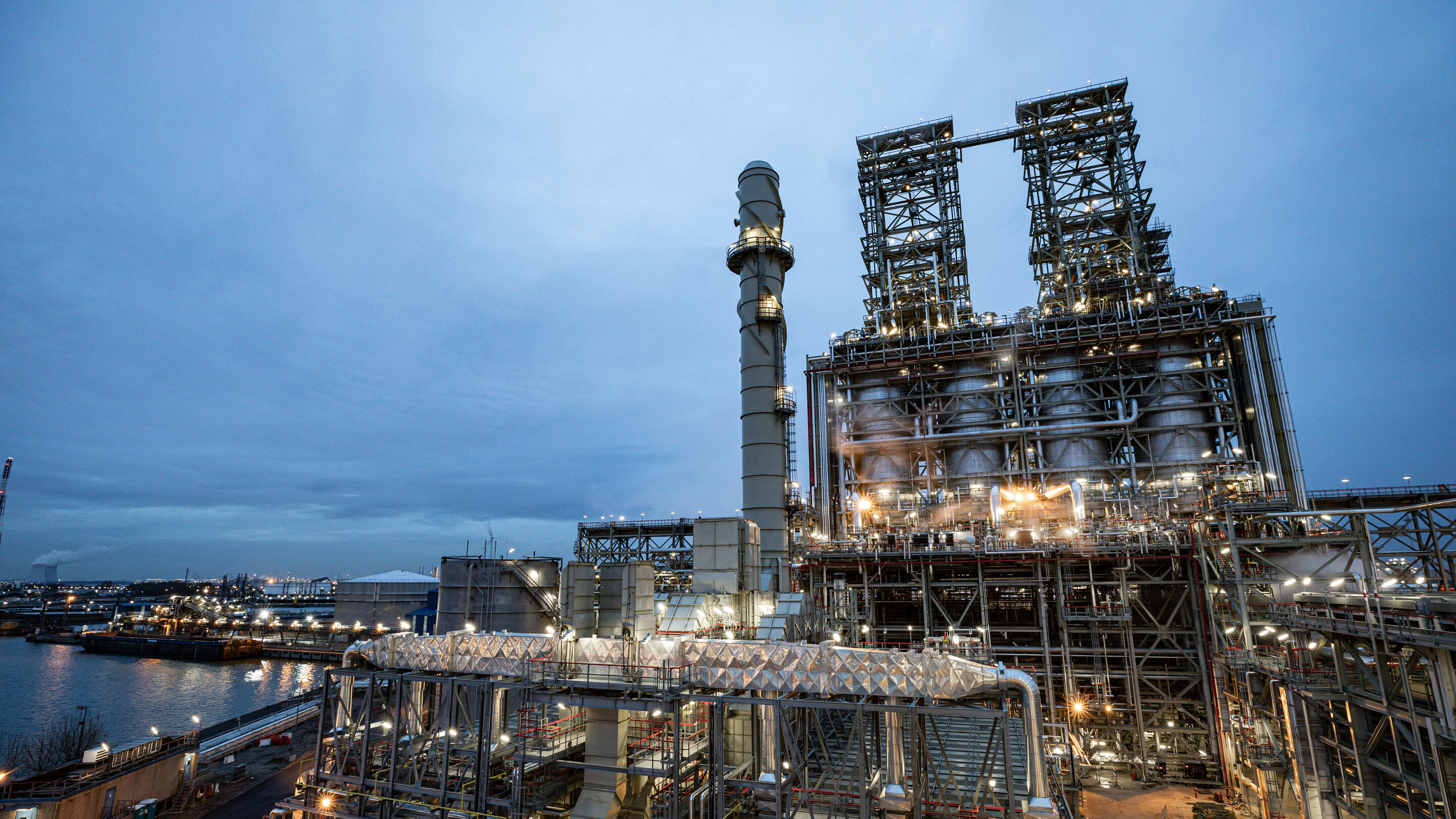3 min read
•Aligning EU policy with innovation: the case for chemical recycling
- Right now, many plastic products, especially contaminated and multilayer plastics, cannot be traditionally recycled at scale.
- Instead, these plastics are typically incinerated or sent to landfills.
- More plastic can be recycled using chemical recycling, helping Europe reduce this waste.
3 min read
•Navigate to:
At ExxonMobil, we’re prepared to expand our chemical recycling capabilities to Europe, building on successful deployment in the United States. But achieving this requires policy frameworks that support innovation and investment.
ExxonMobil Europe President Philippe Ducom shares his views. Read on to find out why mass balance is a key piece of the puzzle.
Right now, one key decision is in the hands of the European Commission: how to regulate mass balance, the accounting approach that underpins the business case for chemical recycling.
We believe the Commission should support a flexible, outcome-oriented approach. One that enables producers to use existing infrastructure, including refineries, to help address plastic waste and deliver economic benefits.
However, in its recently published consultation, the Commission is proposing a restrictive approach which creates regulatory barriers for co-processing while effectively favoring standalone processing.
This approach reduces the economic attractiveness of chemical recycling investments that utilize existing infrastructure by limiting the recycled content credits available to co-processing operations. By only promoting new, fully segregated/stand-alone chemical recycling facilities rather than encouraging use of existing infrastructure, these rules may discourage investment in co-processing pathways. This means less plastic waste being recycled and less being diverted away from landfills and incineration.
If the Commission is serious about attracting investment, it should re-think its approach, because the untold truth is that incineration is going up, the petrochemical sector’s global competitiveness is shrinking, and the risk is that investments in chemical recycling will be made in other regions.
Why is mass balance needed for chemical recycling?
But there's an urgent need for policies that outline a clear mass balance system for calculating what qualifies as recycled content. This would help spur investment in chemical recycling across the European Union.
At scale, we can help make a difference
Today, the EU recycles just 26.9% of plastic waste. Meanwhile, incineration is growing; up more than 15% since 2018. But chemical recycling could help address this challenge. This technology, deployed alongside mechanical recycling, can help expand the range of plastics that find a second life as new products.
Europe’s refining sector, which has struggled to compete with other parts of the world, could play an important role in this equation. According to a recent statement by several EU Member States, the region could lose over 50,000 petrochemical jobs by 2035. Chemical recycling could help transform these sites, save jobs, and redefine the role of refineries within a circular economy.
Mass balance and chemical recycling – what’s the connection?
Unlike traditional plastic recycling – which is mechanical – some chemical recycling methods break down plastic waste at the molecular level. These molecules are then blended with fossil-derived feedstocks to produce many valuable products.
Once mixed, you cannot trace back which molecules came from recycled plastic. That’s where mass balance comes in. It’s a method that matches the quantity of plastic waste we process to the amount of usable raw materials we produce. This allows producers to allocate recycled content to specific outputs, even if they can’t physically track them.
We believe the EU can expand the set of solutions to address plastic waste. But right now, its complex and uncertain policy landscape risks slowing progress.
For companies like ExxonMobil to invest, we need clear signals and supportive action, starting now.
The role of mass balance and why policy matters
Europe currently uses a “fuel-exempt” method for mass balance. Under this system, plastic waste used to make fuel does not count toward recycled content goals.
To support investments in chemical recycling, the system must be practical and efficient. A clear and workable approach to mass balance is key for companies to build a viable business case.
Mass balance isn’t new—it’s been proven in other industries
Analogous methods are already widely used in other sectors. A helpful analogy is renewable electricity production.
Because all sources of power connect to the same grid, we cannot tell where exactly our electricity comes from (nuclear, renewable, gas, etc.) at a specific moment. But providers use credits to confirm that a target amount of renewable energy has been added to the system. The same principle applies to chemical recycling.
Third-party verification adds credibility
Our approach is certified and audited by ISCC PLUS, a system that verifies compliance with a robust mass balance methodology. ISCC ensures that companies follow strict rules and that they accurately account for recycled inputs. The ISCC has more than 250 members, including companies, researchers, and NGOs.
We know chemical recycling works
It’s already a reality at our Baytown facility in Texas. And the numbers speak for themselves:
| Around 45,000 metric tons | Plastic waste processed since 2022 |
| $200 million | In additional investment announced for various sites in the U.S. |
| 220,000 metric tons per year | Total chemical recycling capacity, either in operation or under development |
| Nearly 500,000 metric tons per year | Our chemical recycling capacity goal |
In Europe, we are exploring how we might bring this technology to our sites in Rotterdam and Antwerp.
Subscribe to our Energy Factor Europe newsletter for the latest on chemical recycling.
Latest news and information about the European region
Explore more

Saving Europe’s Core Industries: Cut the Red Tape
3 min read
•
The Sci-Tech Challenge: Shaping the future of STEM in Europe
5 min read
•
Europe’s industrial future is under threat – but policy reform can change that
3 min read
•
Chemical Recycling

A bone-crushing burden: Darren Woods discusses CSDDD
2 min read
•
